Summer Is Here.....And So Are The Pests!
Okiedawn OK Zone 7
15 years ago
Related Stories

GARDENING GUIDESOrganic Matters: Thwart Insect Pests With Trap Crops
Add a few sacrificial plants to your garden to lure insects away from the harvest
Full Story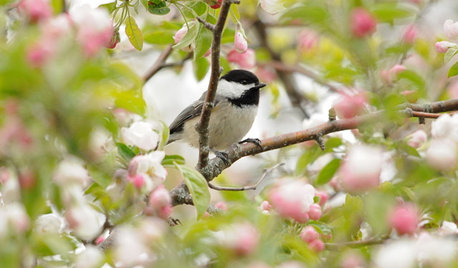
SPRING GARDENINGSpring Gardens Are Waking — Here’s What to Do in March
Excitement fills the air when gardens come back to life. These guides will help you make the most of yours
Full Story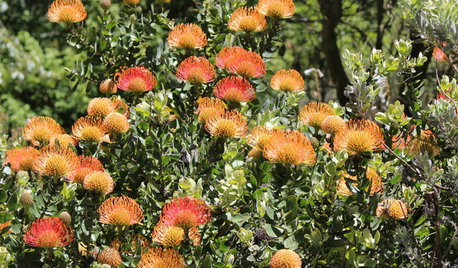
GARDENING GUIDESKeep Your Cool in the Garden — Here’s What to Do in August
Don’t let summer’s heat go to your head. These U.S. gardening guides will help you make sensible choices for all of your plantings
Full Story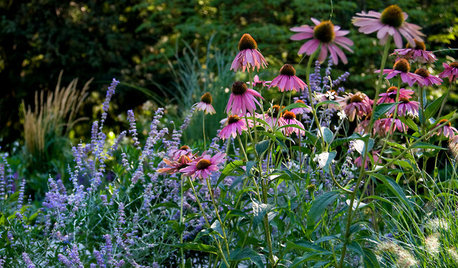
MOST POPULAREnjoy Your Summer Garden — Here’s What to Do in July
Our July gardening guides take the guesswork out of summer watering, pruning and planting. See our tips for your U.S. region
Full Story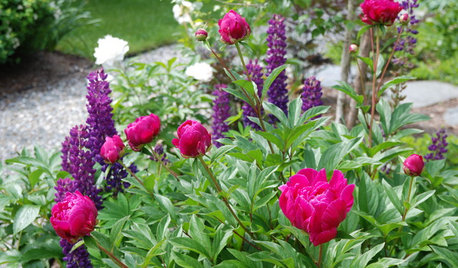
REGIONAL GARDEN GUIDESDelight in Summer’s Garden Glories — Here’s What to Do in June
Wherever you live in the United States, these guides can help you make the most of your summer garden
Full Story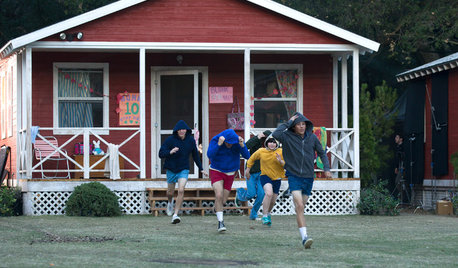
DECORATING GUIDESSo Your Style Is ... ‘Wet Hot American Summer’
11 ways to bring nostalgic early-’80s camp fun to your home
Full Story
MOST POPULARSpring Gardens Are Blooming — Here’s What to Do in April
Get the guide you need for gardening in your U.S. region, with tasks, climate-appropriate plantings and more
Full Story
SPRING GARDENINGEnjoy the Peak of Spring Gardening — Here’s What to Do in May
Bid the frost farewell and treasure the blooms. No matter what U.S. region you’re in, one of these guides will help your garden flourish
Full Story
MOVINGRelocating? Here’s How to Make the Big Move Better
Moving guide, Part 1: How to organize your stuff and your life for an easier household move
Full Story
KITCHEN CABINETSChoosing New Cabinets? Here’s What to Know Before You Shop
Get the scoop on kitchen and bathroom cabinet materials and construction methods to understand your options
Full Story



oklahomegrownveg
Okiedawn OK Zone 7Original Author
Related Discussions
Is Knotweed a garden pest--and if so, why?
Q
low hoop for winter brassica bed...pests from summer a problem?
Q
Unidentified Pest! Need Help Identifying so I can Stop it!
Q
Dealing with pests everyday is so tiring and frustrating!!
Q
kirts
oklahomegrownveg
Okiedawn OK Zone 7Original Author
soonergrandmom
river22
Okiedawn OK Zone 7Original Author
river22
Okiedawn OK Zone 7Original Author
oklahomegrownveg
Okiedawn OK Zone 7Original Author
ssimon2000
Okiedawn OK Zone 7Original Author